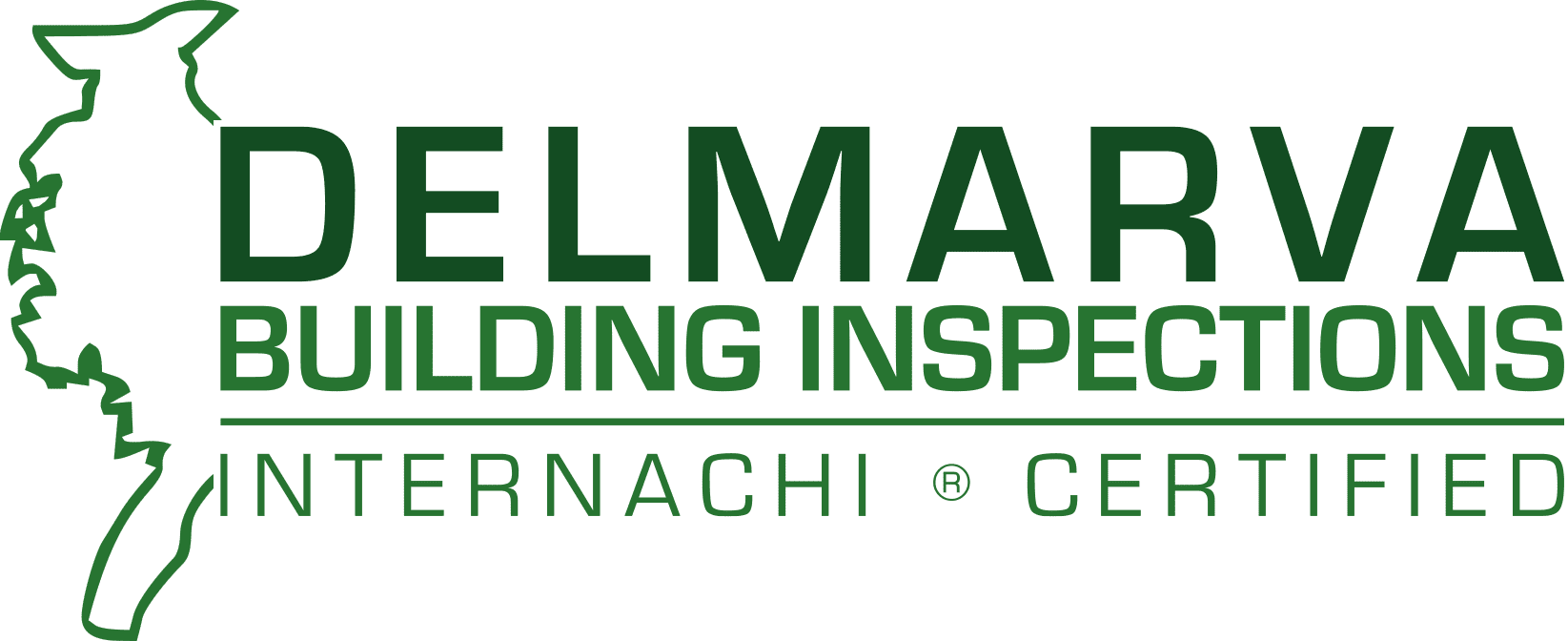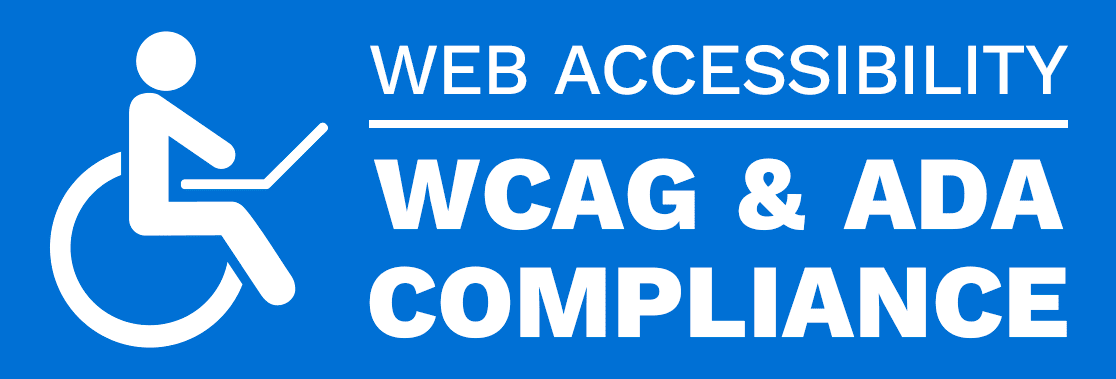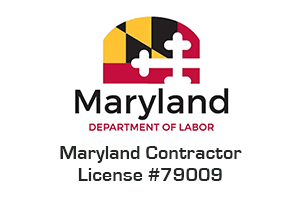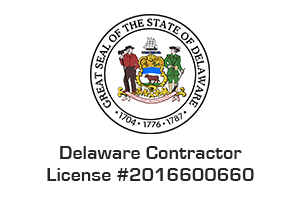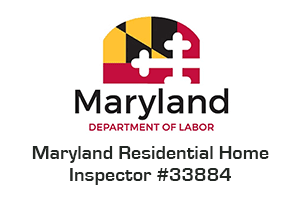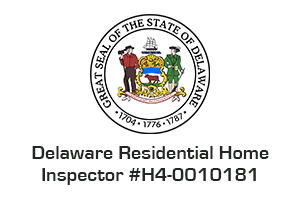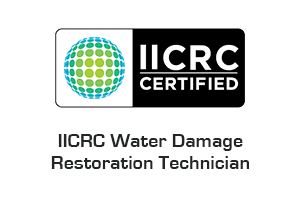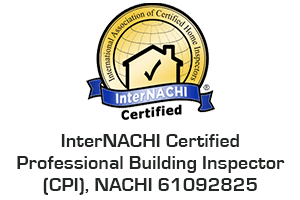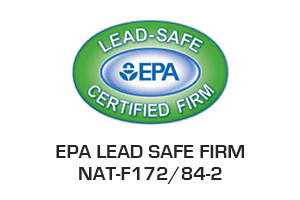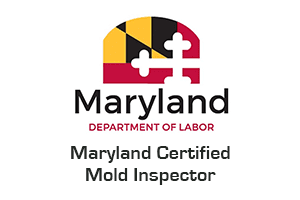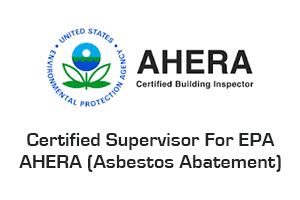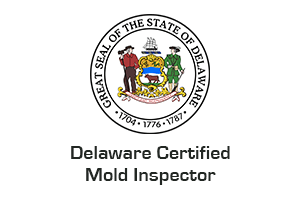Why Buyers Should Prioritize Home Inspections
As a buyer, one of the primary reasons to have a home inspection is to safeguard your investment. Purchasing a home is a milestone and a significant financial commitment, and discovering hidden issues after closing the deal can be financially devastating. A professional home inspector can bring to light underlying problems that may not be apparent during a walkthrough. However, a post home inspection gives an added layer of protection for the seller and buyer.
Buyers can gain valuable knowledge about the property’s condition by purchasing a home inspection. Not only does this protect against unforeseen repair costs, but it also allows buyers to negotiate a better deal. Armed with inspection results, buyers can request repairs or even renegotiate the sale price based on the findings. These insights give buyers the confidence to make informed decisions about their investments.
Moreover, a home inspection offers peace of mind. Knowing the actual condition of the house reassures buyers that they are making a sound and secure purchase. If there are any issues during the inspection, it enables them to plan for future expenses. Buying a home is a significant life event, and a thorough inspection helps assure buyers are not entering a potential money pit.
Benefits of Post Home Inspection for Sellers
While many people associate home inspections with buyers, sellers can benefit immensely from conducting a pre-home inspection before listing their property. By performing a pre-listing home inspection, sellers can address any issues that may arise during the buyer’s inspection. Conducting repairs or improvements in advance streamlines the sale process and eliminates surprises that could lead to transaction delays or unsuccessful sales.
A comprehensive inspection report also allows sellers to price their property accurately. Understanding the condition of the house and its potential repair costs enables sellers to set a fair and competitive asking price. This transparency helps attract potential buyers and builds trust by providing full disclosure upfront.
Ultimately, sellers who invest in a home inspection are committed to honesty and integrity. This commitment builds credibility and establishes a solid foundation for a successful transaction.
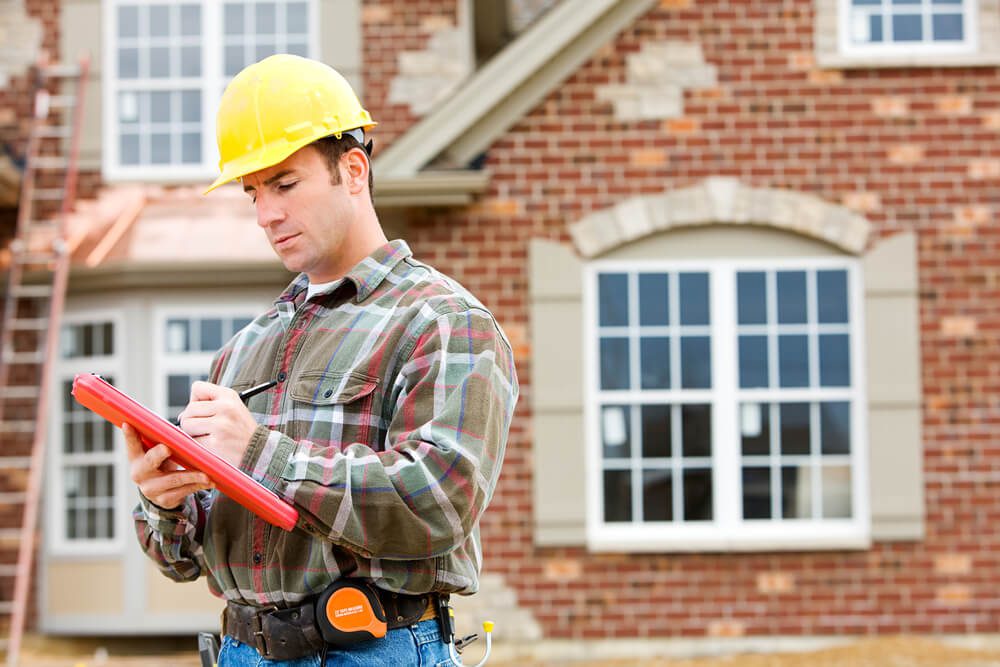
The Examination Process and What to Expect
A professional home inspection is an intensive process examining various aspects of a property. The exterior inspection focuses on assessing the condition of the house’s external components, including the roof, siding, foundation, drainage systems, and more. This evaluation ensures the property is structurally sound and can withstand the elements. Inside the house, a thorough interior inspection takes place. This process includes checking for signs of water damage, potential electrical problems, HVAC functionality, plumbing issues, and other essential aspects that affect the safety and comfort of its occupants.
Furthermore, inspectors will inspect the attic, basement, and crawl spaces for insulation, ventilation, potential infestations, and structural support. Although often overlooked, these areas can house hidden problems that may compromise the property’s integrity. Specialized lead, mold, and radon inspections may be necessary in certain circumstances. These additional assessments allow for a comprehensive examination of potential health hazards that might be present on the property.
The Keystone: Reviewing the Post Home Inspection Report
One post home inspection ritual is carefully reading the inspection report prepared by the sharp-eyed home inspector. This report is a detailed document that records any irregularities or concerns found during the inspection. Understanding this information is crucial as it provides valuable insights into the seriousness and consequences of each problem. Take the time to thoroughly explore the report, including aspects like the structure of the house, electrical systems, plumbing, and more.
To make sense of the technical language used in the report, rely on the descriptions and explanations thoughtfully provided by the inspector. Don’t be overwhelmed by unfamiliar terminology; don’t hesitate to ask the inspector for clarification or consult experts in their respective fields. Once you’ve mastered the issues highlighted in the report, you’ll be well-equipped to plan your next steps and prioritize any necessary actions.
The Remediation Hierarchy: Setting Priorities
Once you have the home inspection report, the crucial task is to classify and prioritize the needed repairs and maintenance. This process involves smartly categorizing tasks, ranging from urgent to less critical. First and foremost are pressing issues that demand immediate attention, such as safety concerns or significant structural problems. These require a proactive approach.
Next, focus on significant issues affecting the property’s functionality and value, like electrical and plumbing problems or roof issues. While they may not need immediate action, addressing them helps prevent future costly problems. Lastly, consider the minor issues that may not be urgent but still require attention. These could include minor repairs, small leaks, or routine maintenance tasks demonstrating property care. This prioritization results in a comprehensive list of repairs and maintenance organized to guide you through the following steps.
The Art of Choosing Professionals: Making Informed Decisions
When it comes to repairs, selecting the right professionals is necessary for success. The complexity of the repair work will determine the type of expertise needed, whether it’s contractors, electricians, plumbers, or other specialists. Putting in the time and effort to find reliable professionals pays off in the quality of work and peace of mind.
The process of finding these professionals should start with thorough research. Look for qualified individuals with a proven track record backed by positive reviews and recommendations from trustworthy sources like family, friends, or experienced real estate professionals. Gathering quotes from multiple sources ensures competitive pricing and provides a comprehensive overview of the work and warranties offered.
However, remember that a lower quote may not reflect the actual value. Your decision should consider the professional’s experience, expertise, and reliability. When negotiating and consulting, pay attention to how responsive and willing the candidates are to address your questions and concerns. Their communication style often signifies a smooth and successful partnership.
Mastering Negotiations: Seller Involvement
Once you have the inspection report and a list of required repairs, it’s time to enter the negotiation phase. Sometimes, the seller may agree to shoulder the repairs before the closing. Alternatively, you can modify the purchase offer to address the identified issues. In these negotiations for remediation or offer changes, the key is to reach a fair and balanced agreement. Concentrate on the critical and significant issues outlined in the home inspection report, as these are essential for the property’s safety and livability.
Understand that not every request may find favor with the seller, and the adjustment of the purchase price may not align with your expectations. Flexibility, open-mindedness, and realistic expectations are prerequisites for fruitful negotiations. Finding a middle ground and mutually beneficial resolutions is pivotal for a timely and successful closure.
Keeping an Eye on the Remediation: Ensuring Quality
After reaching an agreement with the seller and initiating the repair process, it’s crucial to take on the role of a vigilant overseer. Regularly communicating with the hired professionals to set clear expectations and request updates is essential. Monitoring ensures that the agreed-upon work meets your high standards. Periodic visits to the property allow you to visually assess the progress and quality of the repairs. This proactive oversight helps address potential issues and prevent misunderstandings, ensuring timely and thorough remediation.
Maintain a comprehensive record of all repairs, including invoices, receipts, and related documents. These records are solid proof of the remedial work carried out, which can be a valuable resource for future reference, insurance matters, or the property’s potential resale.
The Final Steps: Re-inspection and Closing
After completing all the agreed-upon repairs, consider performing a re-inspection. This final check acts as a safety net, guaranteeing the correct resolution of the issues and that the quality of the remediation meets your standards. This last confirmation increases confidence before finalizing the sale.
As the sale’s completion approaches, conducting a thorough review of all documents and contracts is necessary. These should align precisely with the terms agreed upon with the seller. Checking the status of repairs should be a central focus, and it’s a good idea to involve professionals such as real estate agents and lawyers for a rigorous and legally secure conclusion.
Preparing for Post Home Inspection Success
With these carefully selected steps, you’re well-prepared to navigate the complex process after a home inspection. Like a compass, the inspection report guides you to safeguard your investment and create a sanctuary for the years ahead. Whenever uncertainty arises, don’t hesitate to consult with experts to ensure a smooth and stress-free closing. By approaching this journey with the right mindset and a persistent commitment to thoroughness, you can confidently step into your world of homeownership.
